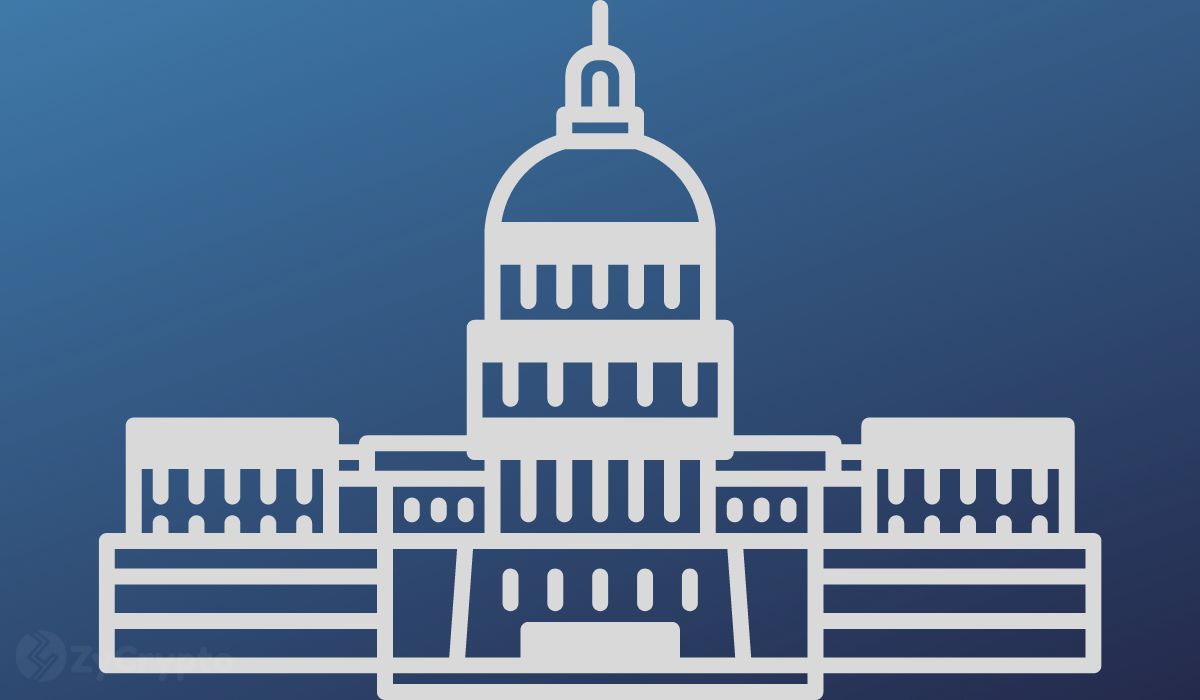- Chainalysis EU policy head tells cryptocurrency firms to prepare for MiCA’s implementation to avoid regulatory setbacks.
- Ripple lauds landmark crypto regulation as it plans its expansion in Europe and Asia amid US ambiguous policies.
- EU leads the way: Crypto executives urge the United States to follow the steps of Europe and stop “bottleneck regulation.”
The Markets in Crypto Assets (MiCA) regulation has been passed by the European Union Parliament, but it will swing into effect in two phases next year.
Janet Ho, Chainalysis head of policy in Europe, has tasked digital asset companies to put their houses in order as they anticipate the implementation of MiCA. The regulation, which changes the entire scope and model of cryptocurrency regulation, will not be enforced until June 2024 for stablecoins and Dec 2024 for exchanges.
Address industry leads at a recent webinar; she warned firms and regulators not to become complacent while waiting for the deadline before making preparations. “These are the preparations you want to start now – maybe even yesterday,” she stated.
The need for haste comes with several obstacles firms may face from local regulators. According to her, it could take four to five months to obtain a MiCA license from local authorities if you factor in the timeframes for numerous stages of approvals or denials and re-application.
“If you want to continue your business, you need to take into account that 4-5 months, if not more,” she added.
In applying for MiCA licenses, she told executives to see the immeasurable positives of registration rather than the task itself. A MiCA license will enable firms to drive into other European countries without new hurdles. “Once you get one license, you can also scale up the business within the EU,” she noted. Firms with this license will be seen as compliant worldwide because no such regulations exist, making it the gold standard.
“If you’ve got the MiCA license, you are complying, you’re being verified,” she explained. “There are no standardized rules in any other part of the world.”
Europe runs away with the torch
For a larger part of the last decade, the United States led the way in web3 through new start-ups and technology, but those rosy years have been marred with regulatory uncertainty and countless lawsuits. In the last few years, the Securities and Exchange Commission has sued Ripple, Binance, Coinbase, and several other firms with no end in sight.
MiCA is touted as the first of its kind, placing EU nations in prime positions for new startups and established digital asset firms. Changpeng Zhao, Binance’s CEO, hailed MiCA as innovative for the entire crypto sector with expectations for a business-driven jurisdiction. Kadan Stadelmann, the CTO of Kodomo, added that other countries would have to play catch up with Europe after implementing the law.
“Other countries will probably choose a ‘wait and see’ approach before making their own regulations. Still, MiCA’s influence is clear; most nations will feel pressure to adopt some form of regulation to avoid getting left behind in a sector that has growing importance,” he said.







